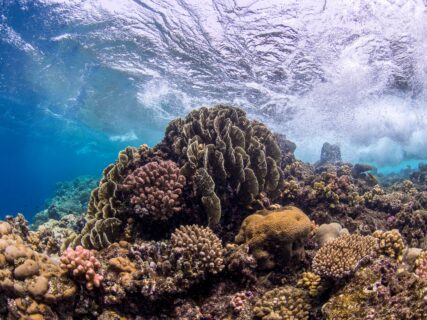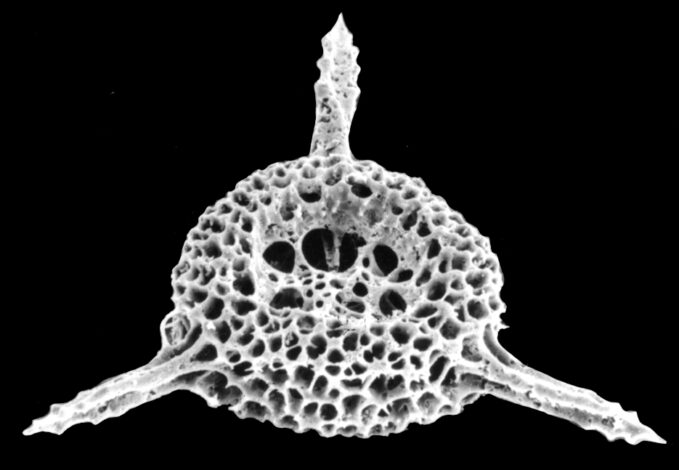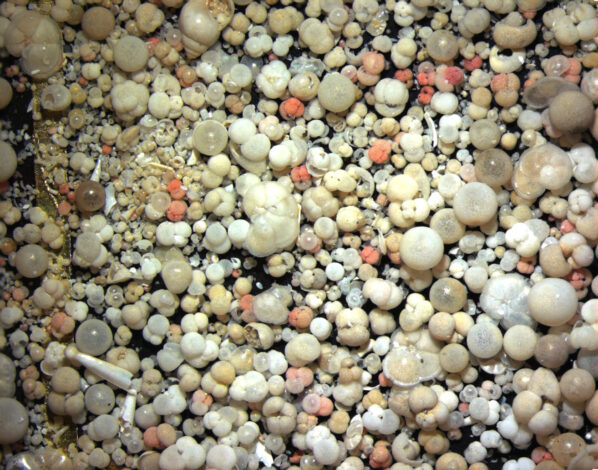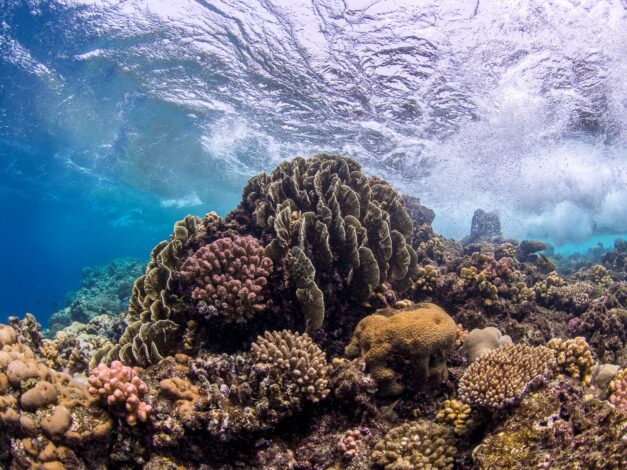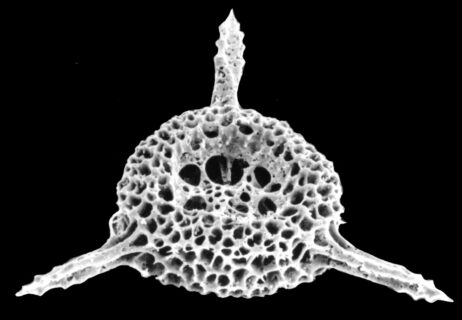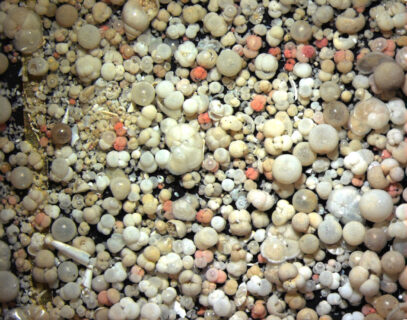New concept for the protection of marine biodiversity
Man-made climate change knows no limits. In the future, the AGELESS consortium will investigate how marine life in our oceans affected by climate change can be protected beyond national areas of jurisdiction.
AGELESS project will use long-term data series for the ocean of the future
The interdisciplinary team of researchers from MARUM – Center for Marine Environmental Sciences at the University of Bremen, the University of Oldenburg, the Helmholtz Institute for Functional Marine Biodiversity at the University of Oldenburg and Friedrich-Alexander-Universität Erlangen-Nürnberg (FAU) is being funded by the Federal Ministry of Education and Research with 2.5 million euros over three years.
The open ocean, which mostly lies outside of national jurisdictions, is just as severely impacted by climate change as are nationally-regulated coastal waters. With the new international Agreement on Biodiversity of Areas Beyond National Jurisdiction (BBNJ: Biodiversity beyond national jurisdiction), a framework for nature conservation and the regulation of interventions in the international waters of the open ocean has been under development since 2023. But how is it possible to protect anything in areas outside of national jurisdiction? How can marine protection zones be created in a rapidly changing ocean? This is exactly where the AGELESS project comes in.
Tiny fossils provide a glimpse into the history of the oceans
Tiny microfossils that are deposited on the ocean floor over many decades and millennia provide a unique glimpse into the history of the oceans and their inhabitants. Researchers can decipher how individual species and entire ecosystems reacted to changes in the environment in the past by studying the ways in which fossil communities have spread. AGELESS hopes to use this data from the past in order to develop concepts for protecting the oceans in the future. In addition to paleoclimate research and paleoecology, the researchers will include aspects of theoretical ecology, nature-conservation planning and governance research.
Geological knowledge can be used to protect the environment
At FAU, the team led by paleobiologist Prof. Dr. Wolfgang Kießling are investigating plankton, which are the food source for many marine organisms. The researchers are using data taken from deep sea drilling to decipher the distribution and evolutionary patterns of the plankton during the past few million years. The data is used to develop models with which they hope to predict how plankton and all marine life in the open ocean will develop in the future. “Due to global warming, we expect further migration of marine species towards the Poles, but the extent of this migration will vary from species to species,” says Wolfgang Kießling, Chair of Paleoenvironmental Research. “This results in new associations between species that only existed in a similar form in the very distant past. We need these insight into the past to make predictions for the future.”
About the AGELESS project
The project is designed to be interdisciplinary and transdisciplinary. The resulting data and models that reflect how biodiversity has changed due to climate change will be presented in such a way as to provide comprehensible information for political decision-makers. From the beginning, the project will involve experts and stakeholders in order to refine the research questions and define possible products.
The Federal Ministry of Education and Research (BMBF) is providing 2.5 million euros of funding for the project, which is due to start in September 2024.
During this time, the researchers will compile large datasets, involve experts and stakeholders, analyze time series of planktonic microfossils’ response to past ocean change and develop models based on this data. From this fundamental knowledge they will make concrete suggestions on how biodiversity in the high seas can be protected effectively in times of climate change.
Link to the BBNJ Agreement: https://www.un.org/bbnjagreement/en
Further information
Prof. Dr. Wolfgang Kießling
Chair of Paleoenvironmental Research
Phone: +49 9131 85 26959
wolfgang.kiessling@fau.de
